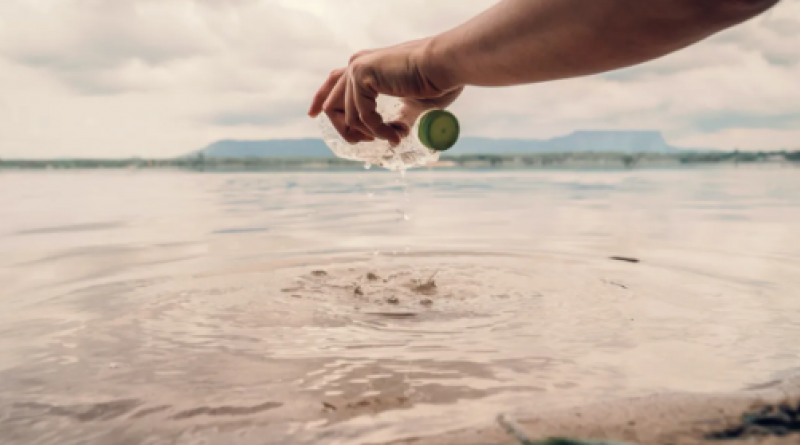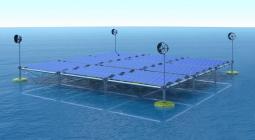3 Innovations Leading the Fight to Save Our Ocean.

The ocean is our lifeline - we rely on it for the food we eat, the air we breathe, as well as for millions for jobs worldwide.
As we continue to grapple with the issues of overfishing, plastic pollution, and climate change, there exists an opportunity to address these existential threats with new innovations, many of which unidentified or insufficiently supported.
UpLink is a response to this demand; a new digital platform to surface the best ideas and solutions for pressing issues and connect them to the world's decision makers.
The UpLink platform brings together key stakeholders who are championing the Sustainable Development Goals (SDGs): change-makers, social innovators, thematic experts, investors and technology titans.
The UpLink platform was launched with the Ocean Solutions Sprint, which has sourced over 50 entrepreneurial solutions from more than 15 countries which respond to the most pressing challenges facing the ocean today and speed up progress being made towards SDG-14: Life Below Water.
The sprint culminated at the World Economic Forum's Virtual Ocean Dialogues, where six finalists presented their ideas to a panel of experts and judges from across the industry.
"We need to get these problems in front of more people so they can pool together their intellect and their heart and add it to this explosive renaissance of ocean problem solving," said Douglas McCauley, Director of the Benioff Ocean Initiative and one of the sprint panelists.
"We know that just as diversity in a natural system like a coral reef makes it more resilient, more powerful, it makes our problem solving more powerful. I'm excited to have an open platform in UpLink, without any barriers for people to put that diversity together for ocean problem solving."
The three winning innovations helping to save our ocean are:
Cubex Global (Ocean Innovation Award)
Cubex aims to reduce global shipping emissions by buying and selling unused container space on existing cargo ship routes.
Over 100 million shipping containers are 50% empty while traveling from port to port - a massively wasteful practice that produces 280 million tons of carbon emissions and costs $25 billion USD every year.
While many traditional companies use phones, fax and email to fill up their containers, Cubex uses a real-time, blockchain-enabled online marketplace which optimizes empty cargo space and can potentially reduce emissions from shipping vessels by up to 20%. Anyone using the platform can buy or sell cubic meters of space on any container going to any destination.
Recyglo (Action on Ocean Plastic Award)
Founded in Myanmar in 2017, Recyglo works closely with businesses in the country and surrounding areas on waste management requirements, connecting with logistics and recycling facilities around the world to process waste materials in a safe, non-hazardous manner.
With 8 of the 10 rivers with the most plastic pollution in the world located in Asia, a solution to this problem is desperately needed in the region.
"The current waste management in Myanmar is fragmented, inefficient and problematic," co-founder and CEO Shwe Yamin Oo has said. As well as helping companies organize their recycling habits and disposing of their waste, Recyglo also provides data analytics on the amounts of waste recycled and the impact on carbon footprint.
The company is currently managing 500 tons of waste and saving 1470 tons of CO2 every month, and has educated 800,000 people on the merits of proper recycling.
Oceanium (People's Choice Award)
Oceanium is developing food products and packaging material made from sustainably farmed seaweed.
What sounds like a simple solution to solving ocean plastic pollution has a raft of environmental benefits. Seaweed farming does not require cleared land which means that deforestation is not necessary. It also sequesters carbon dioxide and nitrogen from the ocean, which reduces atmospheric carbon and ocean acidification, and requires no fertilizer or pesticide to grow.
Meanwhile, seaweed farms protect the seabed from commercial fishing and create a marine sanctuary for sea life. The company hopes its bio-packaging will replace harmful plastic products. For every ton of plastic replaced by bio-packaging, approximately 1.9 tons of carbon dioxide is prevented from entering the atmosphere.
Oceanium also believes that seaweed farming could create jobs in coastal communities and developing countries, and could be used to feed livestock and help to end global food insecurity.
4 June 2020
EcoWatch




